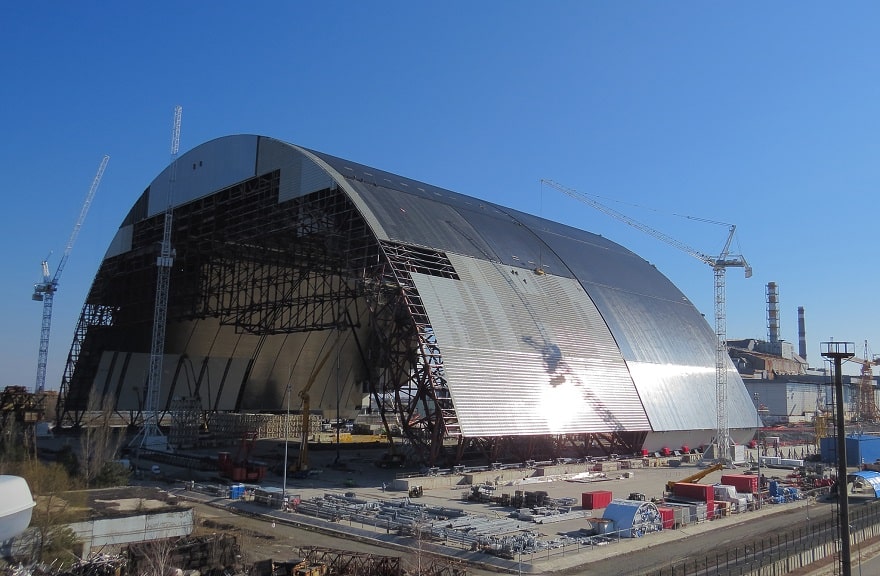For those who were not aware of the story of the Ukrainian nuclear power plant, the television series "Chernobyl" it represented a sort of shock. In those days of the 1986 a series of malfunctions and violations of the safety rules endangered the fate of millions of people not only in the area around the plant, but also in other Eastern European countries, with radioactive clouds formed following the accident in able to reach areas of Scandinavia and North America, as well as other countries including ours, generating great fears.
Apparently, however, what happened at the time did not serve as a lesson, at least according to news from Ukraine, relating to the Yuzhoukrainsk nuclear power plant.
What happened to Yuzhoukrainsk?
According to what reported by the information portal UNIAN, some plant operators would have been arrested by the Ukrainian Security Service (SBU). A firm decision following the exploitation of the cryptocurrency mining plant. In particular, the arrested individuals would have compromised the security of the entire plant by connecting to the Internet of your own devices for the mining, a prohibited operation and as a result of which sensitive classified information on the structure's physical protection system was leaked on the net. Operation that was precisely discovered by SBU agents who gave rise to a search of the plant, with subsequent confiscation of unauthorized equipment.
It is not the first case
The Ukrainian case is certainly disturbing, precisely in light of what happened in Chernobyl in 1986, but this is not a real preview. A case of this kind had in fact already occurred in February 2018 in Russia, where a team of engineers belonging to Russian Federal Nuclear Center he was in turn identified and arrested by local authorities after trying to harness the computing power of one of the largest supercomputers operating in the country in order to mine Bitcoin.
As recalled by Interfax at the time, the machine, which safety reasons advise against connecting to the web, had been chosen as it was capable of giving life to 1 petaflop (one thousand trillion operations per second). A security protocol evidently violated by the group of incriminated engineers, who were reported for their careless behavior.
located Sarov, once a secret city, so much so that it is not even marked on the maps, the Federal Nuclear Center provides work for 20 thousand employees, and is known for having been the location where the first atomic bomb of the Soviet Union was produced.
The idea of using spaces of this kind is not new, however, if you think that the company Ice Rock Mining has taken steps to launch plans to start mining operations in a cave Almatyin Kazakhstan, where there are the remains of an old Soviet-era bunker. The ideal conditions provided by the low natural temperature and the proximity to a hydroelectric power station pushed it in this direction, making it the perfect site for positioning the computers necessary for the calculation operations that are the natural result of mining.



